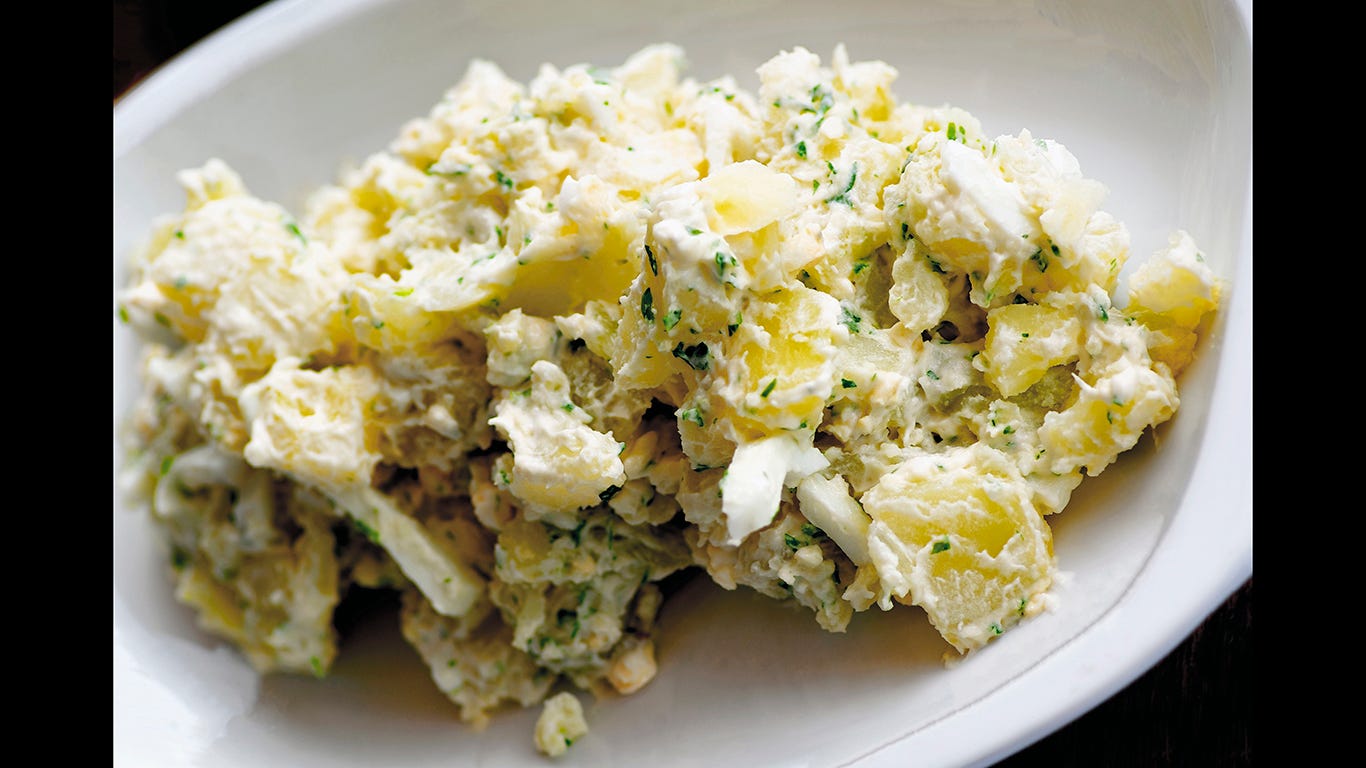

This particular strain is the main culprit behind tooth decay in children and adults. The bacteria mutans streptococcus has a lot to answer for.
How often should children visit the dentist?. The signs of baby and toddler tooth decay. Other causes of tooth decay in children. How to protect children from contagious tooth decay. Tooth decay in children is a serious concern – why?. There are easy actions you can take to safeguard your child against decay, so they enjoy a strong start to life. Thankfully, a little awareness goes a long way towards preventing the spread of dental caries! You’re not a bad parent if you’re not aware of the risks.Īfter all, there are campaigns about washing your hands after you blow your nose, but not about keeping tooth decay to yourself. Parents feel guilty when they realise their toddler may have “caught” a cavity, even though they had no idea this was possible. This is alarming, considering that tooth decay wreaks havoc on the health of children and adults alike. This is because cavities are contagious.Ĭan a tooth infection spread to another person? Absolutely, but many people are in the dark about this. Parents are shocked to learn that something as harmless as sharing a spoon can give their little one tooth decay. But this can be undone in a heartbeat, without you even realising. No doubt you do everything in your power to make sure your child is healthy. Tooth decay is the number one chronic disease for Australian children.Īnd in many cases, it’s completely preventable. You must stop sharing spoonfuls of bacteria with your little ones, if you want to help them avoid a lifetime of dental pain. Unfortunately, most adults don’t realise that cavities are contagious. 
Tooth decay in children is a major problem.
Our priority is to make you feel comfortable, understood and appreciated at all times. Your first visit: We do a comprehensive examination, discuss all options and answer any questions.








